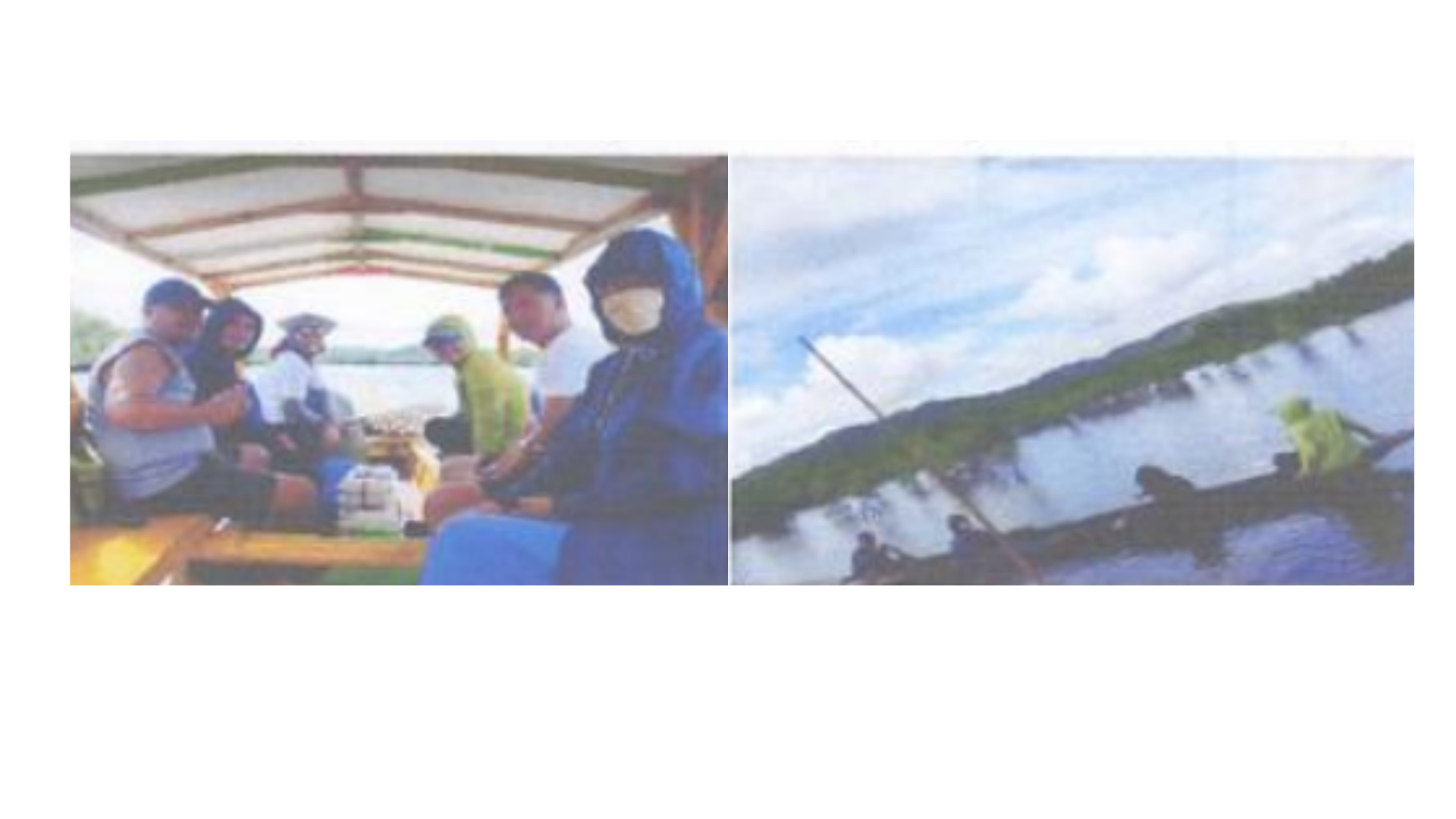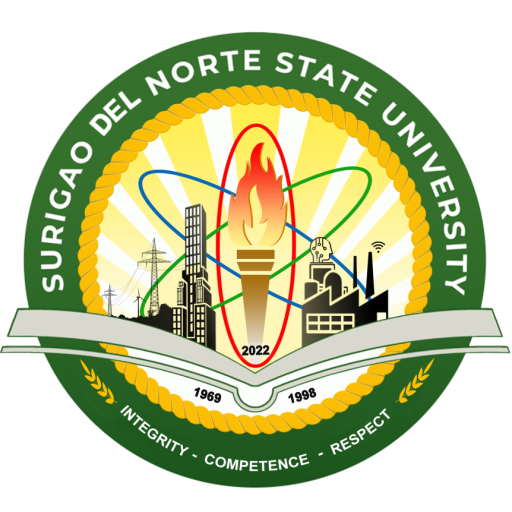The monitoring and evaluation activities for Project MARECON 2024, focused on Mangrove Planting and Parenting, took place on November 29, 2024, at Sitio Panalsalan. The initiative is aimed at ensuring the survival, growth, and ecological impact of newly established mangrove ecosystems. Led by a team including Ms. Roselle Bertulfo and supported by faculty-extensionists such as Dr. Eviota and Sir Jerry Cuadrado, the program emphasized the importance of tracking survival rates, biodiversity, and environmental factors such as soil quality, water salinity, and tidal patterns.
Monitoring provides vital data on the health of the mangroves and helps detect emerging threats or challenges. Evaluation, on the other hand, measures the success of restoration efforts by assessing biodiversity, coastal protection, and carbon sequestration outcomes. These activities guide adaptive management and long-term sustainability efforts.
 The planting effort, which began in November 2022, involved the rehabilitation of over 7,000 mangrove seedlings, planted collaboratively by SNSU, the Nabago-Cabongbongan Mangrove Dwellers Association (NACAMDA), the BLGU of Nabago, DENR-CENRO, and PGMC. Despite these efforts, only about 50% of the seedlings survived, equivalent to nearly 3,000 mangroves.
The planting effort, which began in November 2022, involved the rehabilitation of over 7,000 mangrove seedlings, planted collaboratively by SNSU, the Nabago-Cabongbongan Mangrove Dwellers Association (NACAMDA), the BLGU of Nabago, DENR-CENRO, and PGMC. Despite these efforts, only about 50% of the seedlings survived, equivalent to nearly 3,000 mangroves.
Environmental stressors such as typhoons and flooding shortly after the planting posed significant challenges. Additionally, human interference, including overharvesting and the use of nets during prawn and crab harvesting (“kasag”), further disrupted the seedlings. Local volunteers noted that the area was frequently disturbed by fishermen, affecting the mangrove population. The program underscored the importance of continued monitoring and community involvement to address environmental and human-related challenges. By understanding the causes behind the low survival rate, the initiative aims to implement better conservation practices to support the restoration and preservation of mangrove ecosystems.
